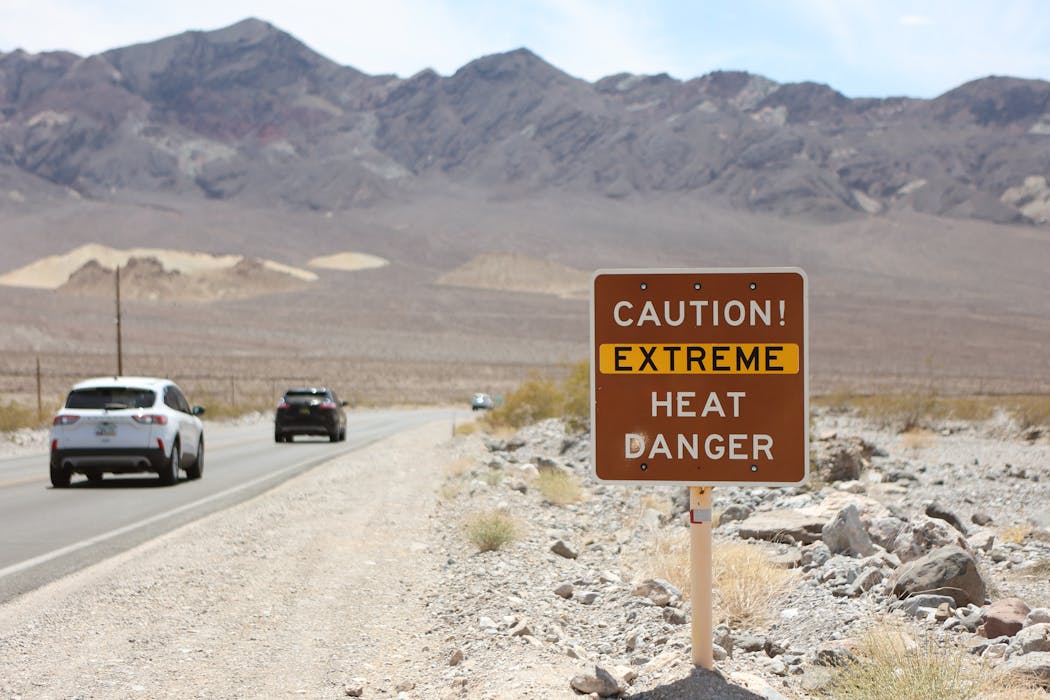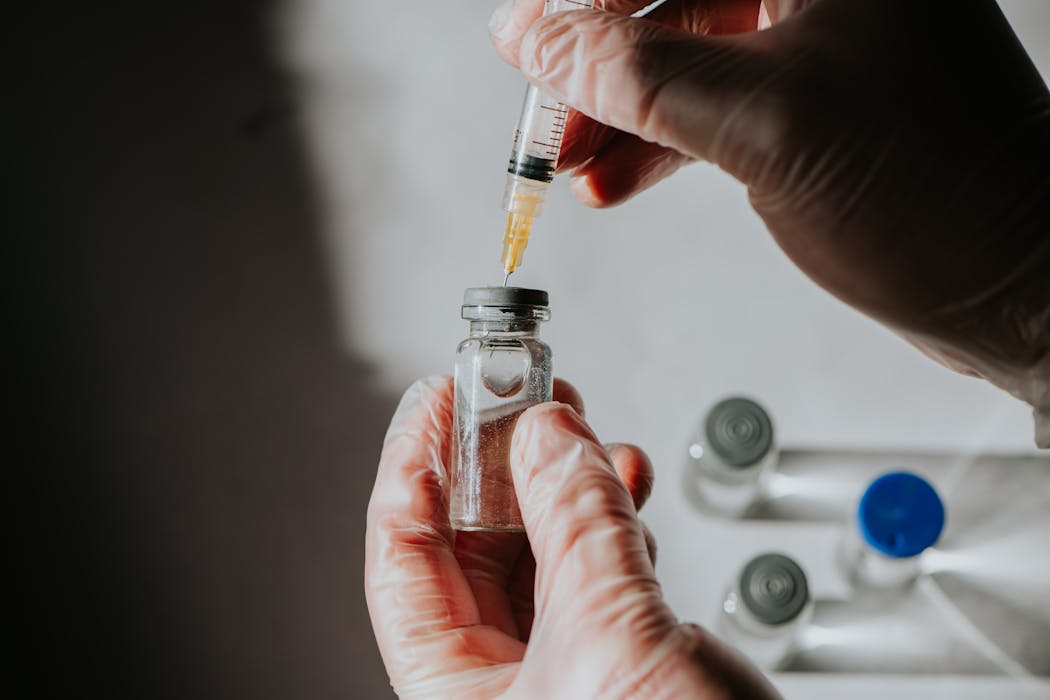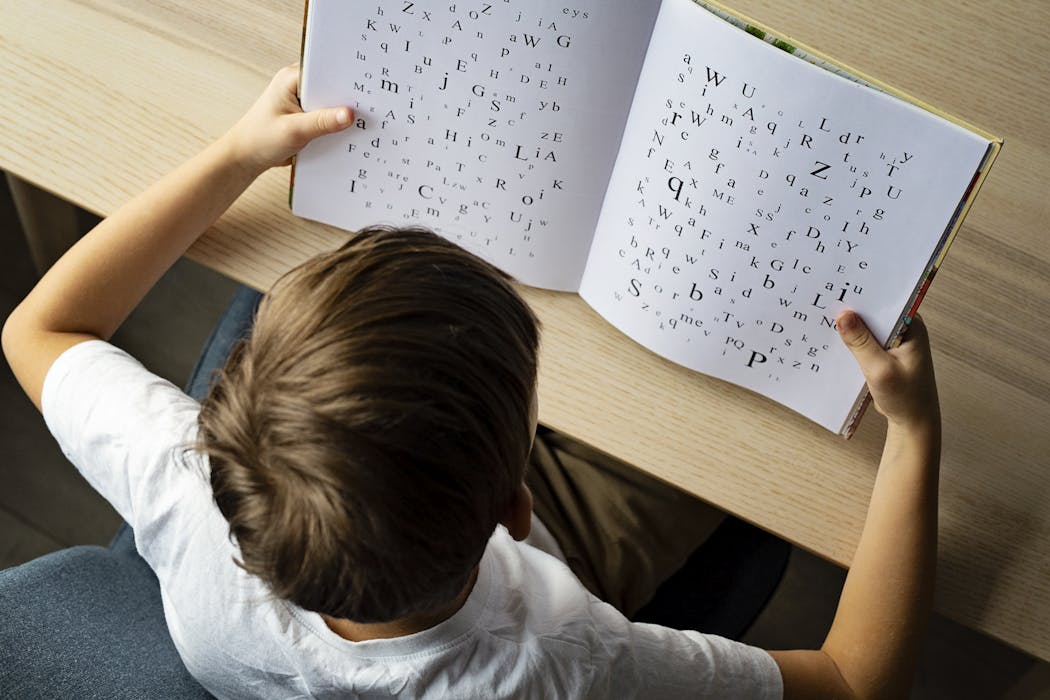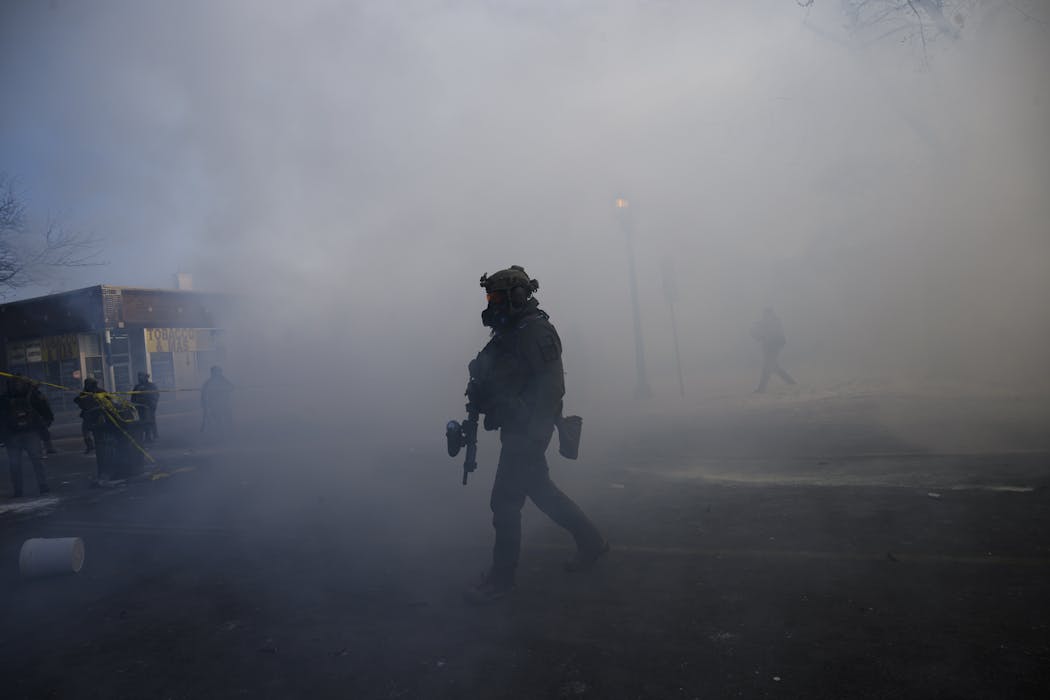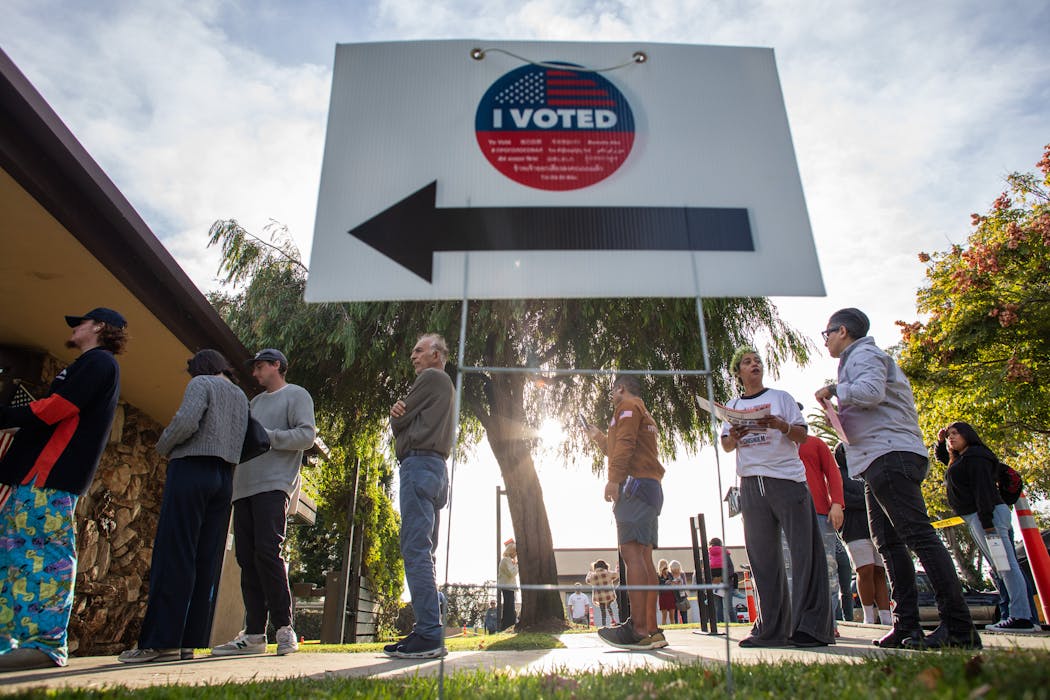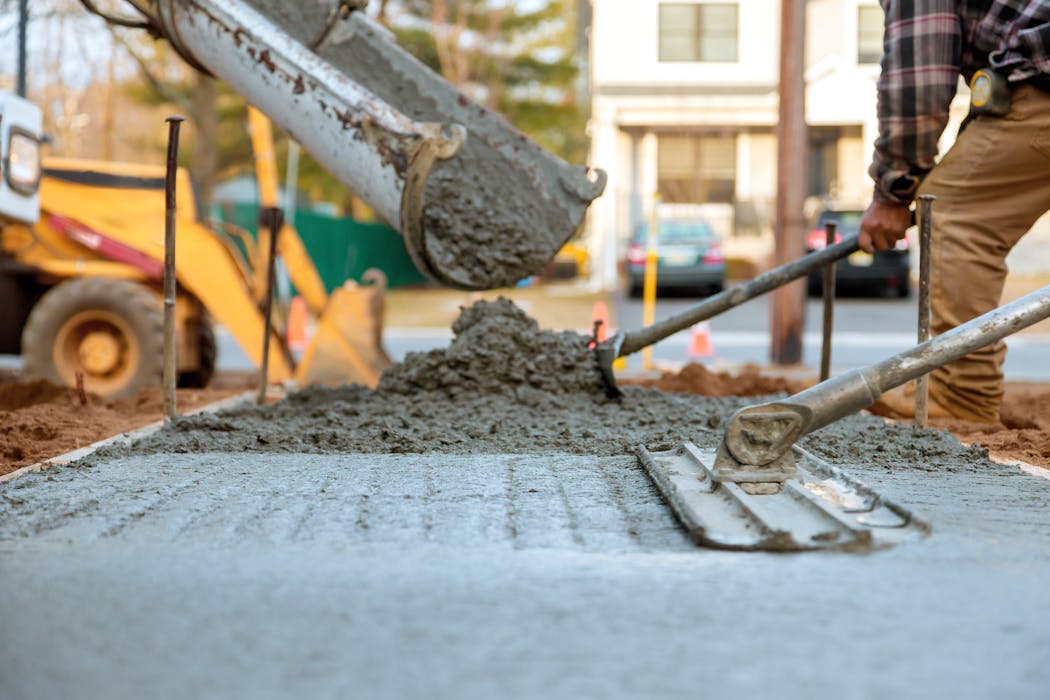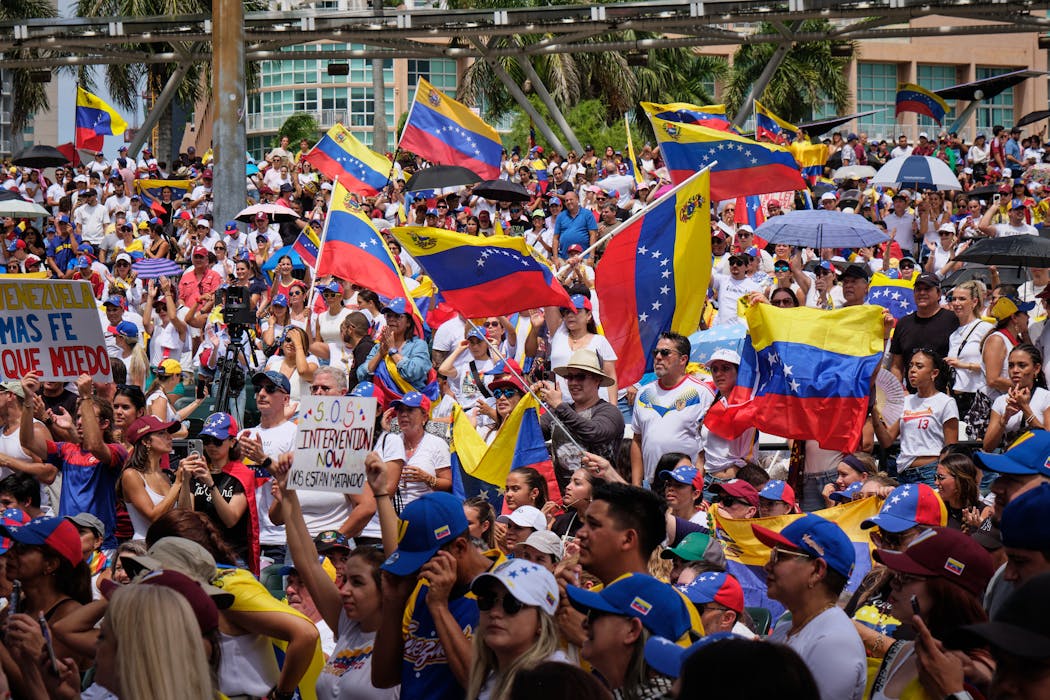Counter-drone technologies are evolving – but there’s no surefire way to defend against drone attacks
- Written by Jamey Jacob, Regents Professor of Aerospace Engineering and Executive Director, Oklahoma Aerospace Institute for Research and Education, Oklahoma State University
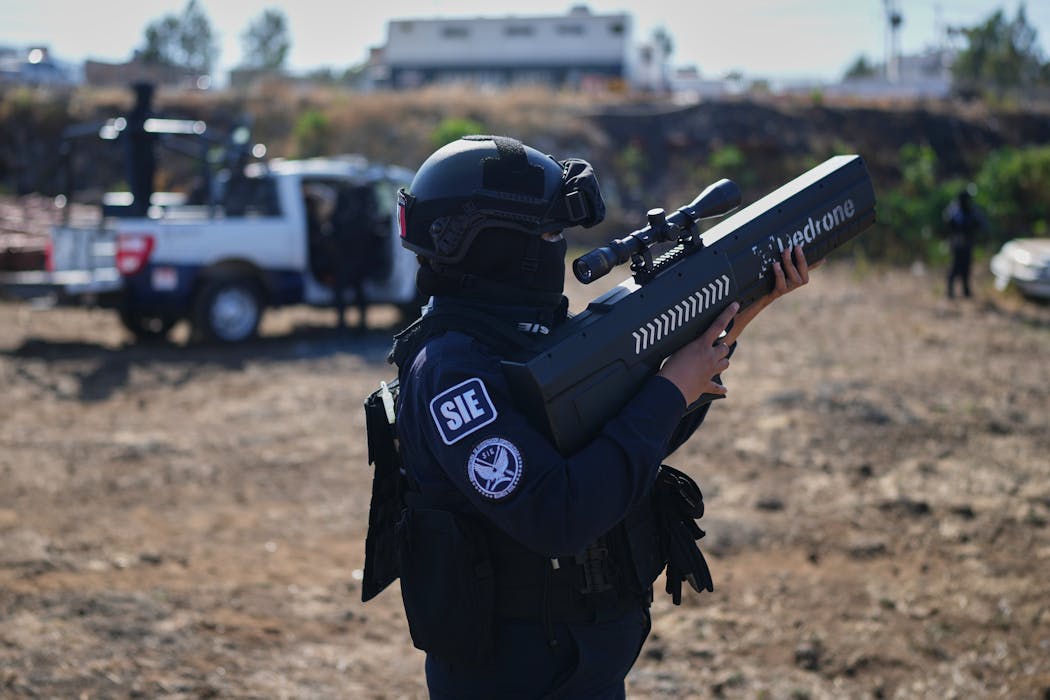 A Mexican law enforcement officer demonstrates a drone jammer.AP Photo/Eduardo Verdugo
A Mexican law enforcement officer demonstrates a drone jammer.AP Photo/Eduardo VerdugoWhen the Federal Aviation Administration closed the airport in El Paso, Texas, and the airspace around it on Feb. 10, 2026, the cause was, ironically, the nearby use of a technology that could be key to keeping airports and airspace open and safe.
According to...


